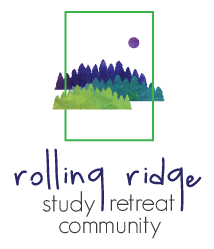I recently participated in a conversation in which dissatisfaction or dissonance was a recurring theme poignantly and piercingly captured in a line quoted from a Mary Oliver poem:
I am so distant from the hope of myself,
in which I have goodness, and discernment…
Somewhere along the continuum from self-loathing and beating oneself up to don’t worry/be happy and keep busily distracted, must be a way of channeling this disparity into learning. How do we allow that longing, that discrepancy between who we think we are and who we want to be, to become not a well of disparagement but fertile ground for discovery, the disquiet that prods and encourages us into growth and change? Sufi music interprets the plaintive sound of the ney, an ancient reed flute still in use from almost 5000 years ago, as the reed lamenting its separation from the reed bed. The Sema ceremony of the Sufi whirlers was explained to me as “being empty like the ney and listening with the eye of the heart to the breath of God within.”

St. Augustine said, “Thou hast made us for thyself, O Lord, and our hearts are restless until they find their rest in thee.” Our dissatisfaction could, therefore, be the admission and awakening of our longing for the eternal. Rather than being simply the edge of some personal emptiness, it could be the first step in the opening up of our eternal belonging…desire cultivates dissatisfaction in the heart with what is, and kindles an impatience for that which has not yet emerged…There should always be a healthy tension between the life we have settled for and the desires that still call us. In this sense our desires are the messengers of our unlived life, calling us to attention and action while we still have time here to explore fields where the treasure dwells! ~John O’Donohue in TO BLESS THE SPACE BETWEEN US


Thank you so much for the exact word I needed to hear today.